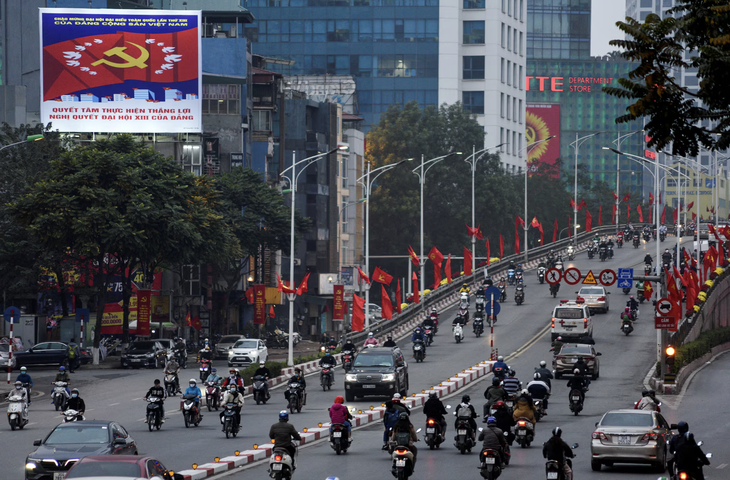
Gasoline-powered motorbikes are expected to be banned from Hanoi's Ring Road 1 from July 1, 2026 - Photo: REUTERS
On October 21, Reuters news agency reported that the Japanese government and some of Japan's leading manufacturing enterprises have proposed that the upcoming ban on gasoline vehicles in Hanoi could cause many people to lose their jobs and affect the $4.6 billion two-wheel vehicle market that Japanese automaker Honda dominates.
According to documents seen by Reuters, the Japanese Embassy in Hanoi sent a letter to Vietnam, saying the sudden ban on gasoline-powered motorbikes could affect "employment in supporting industries", including dealers and suppliers of two-wheeled vehicle parts.
The Japanese Embassy also called on the authorities in Vietnam to consider a suitable roadmap for the transition to electric vehicles, including a step-by-step preparation and implementation phase of regulations.
Vietnam's two-wheeled vehicle market is one of the largest in the world , estimated to be worth $4.6 billion in 2025 by Mordor Intelligence, but is expected to see negative fluctuations in the near future as Vietnam restricts gasoline vehicles.
Previously, Prime Minister Pham Minh Chinh recently issued a directive requiring Hanoi to study banning gasoline-powered motorbikes from Ring Road 1 from July 1, 2026, in order to urgently and drastically address environmental pollution.
Ho Chi Minh City also plans to establish a low-emission zone from 2026, gradually banning substandard gasoline and diesel vehicles.
On the business side, Reuters reported that an association of foreign motorbike manufacturers in Vietnam, including Honda, Yamaha and Suzuki, sent a separate letter to the Vietnamese government in July. The letter suggested that a ban on gasoline vehicles would “disrupt production and lead to bankruptcy” for businesses in the supply chain of this sector.
The association also believes thousands of workers will be affected, including staff from nearly 2,000 dealers and about 200 parts suppliers.
Businesses that may be affected have proposed that Vietnam implement a transition period “with a minimum preparation time of 2-3 years”, so that they have enough time to adjust their production lines, in parallel with expanding the network of charging stations and safety standards for electric vehicles.
Honda sales decline in Vietnam
According to Reuters sources, accounting for 80% of the two-wheeled vehicle market share in Vietnam with 2.6 million vehicles sold in 2024, Honda is leading the effort to petition the Government to reconsider the directive.
One of the sources said Honda raised the possibility that the company might consider reducing its production scale in Vietnam. However, the Japanese automaker said it was closely monitoring the situation, but currently had no plans to close the factory.
Honda currently has four factories in Vietnam, with most of the motorbike models that Honda sells in Vietnam and other markets running on gasoline, but there are also a few electric models.
Compared to July, Honda sales in Vietnam decreased by nearly 22% in August, with a slight recovery in September. The company also recorded a double-digit decline in sales compared to the same period last year in both August and September.
Reuters commented that as Honda's auto division's profits have narrowed due to increasingly fierce competition in the context of the global shift to electric vehicles, the company is increasingly relying on its motorcycle segment as a key driver of profits.
Source: https://tuoitre.vn/honda-va-nhieu-hang-nhat-kien-nghi-can-co-2-3-nam-chuan-bi-de-cam-xe-may-chay-xang-20251021182031422.htm



![[Photo] Prime Minister Pham Minh Chinh received Mr. Yamamoto Ichita, Governor of Gunma Province (Japan)](https://vphoto.vietnam.vn/thumb/1200x675/vietnam/resource/IMAGE/2025/10/21/1761032833411_dsc-8867-jpg.webp)


![[Photo] Prime Minister Pham Minh Chinh meets with Speaker of the Hungarian National Assembly Kover Laszlo](https://vphoto.vietnam.vn/thumb/1200x675/vietnam/resource/IMAGE/2025/10/20/1760970413415_dsc-8111-jpg.webp)
![[Photo] Da Nang residents "hunt for photos" of big waves at the mouth of the Han River](https://vphoto.vietnam.vn/thumb/1200x675/vietnam/resource/IMAGE/2025/10/21/1761043632309_ndo_br_11-jpg.webp)
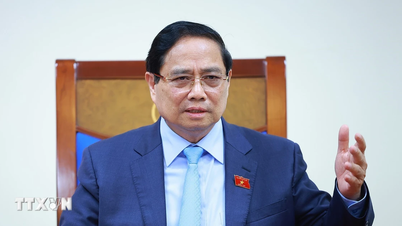

![[Photo] Prime Minister Pham Minh Chinh received Mr. Yamamoto Ichita, Governor of Gunma Province (Japan)](https://vphoto.vietnam.vn/thumb/402x226/vietnam/resource/IMAGE/2025/10/21/1761032833411_dsc-8867-jpg.webp)

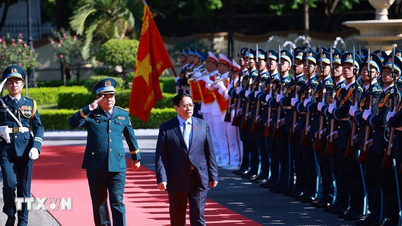
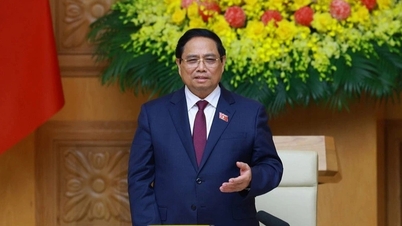

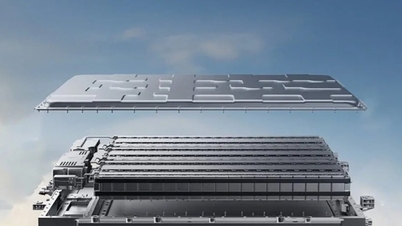


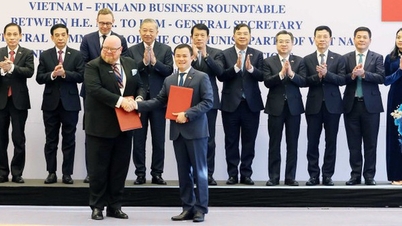


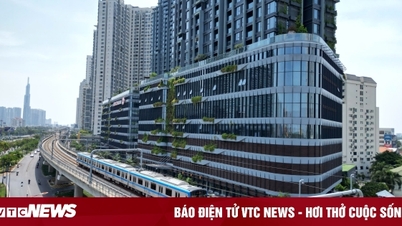


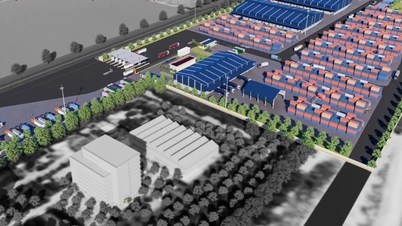






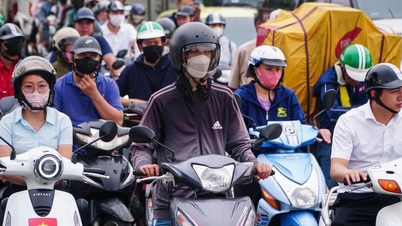


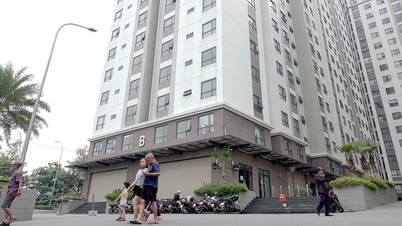





































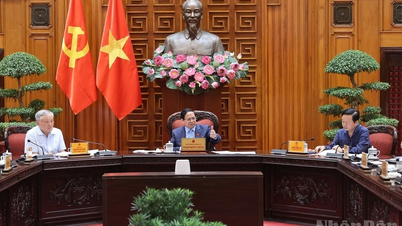

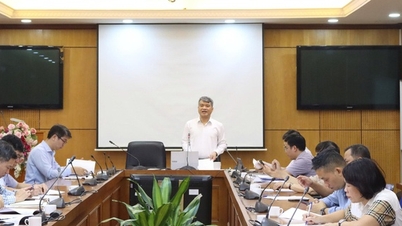
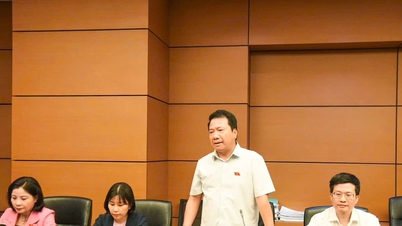

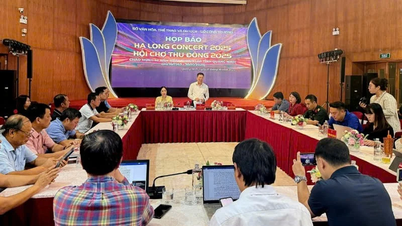






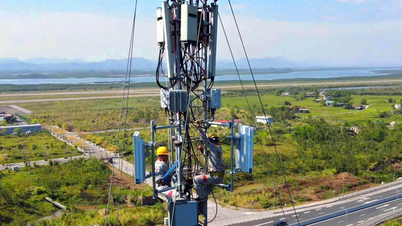

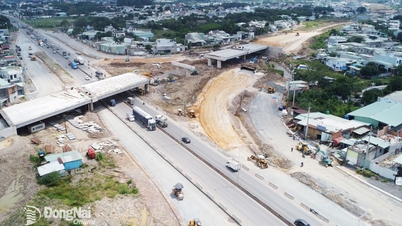

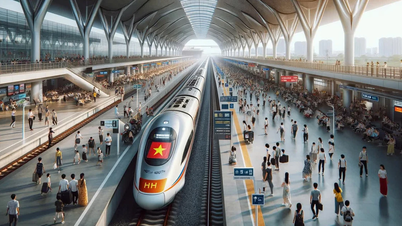

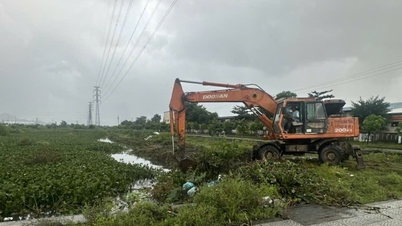



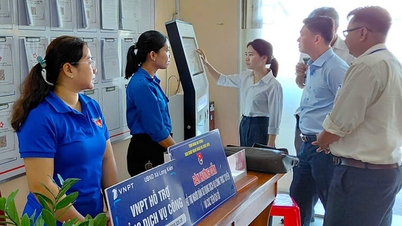














Comment (0)